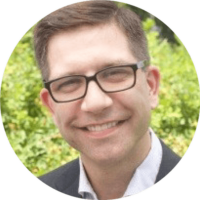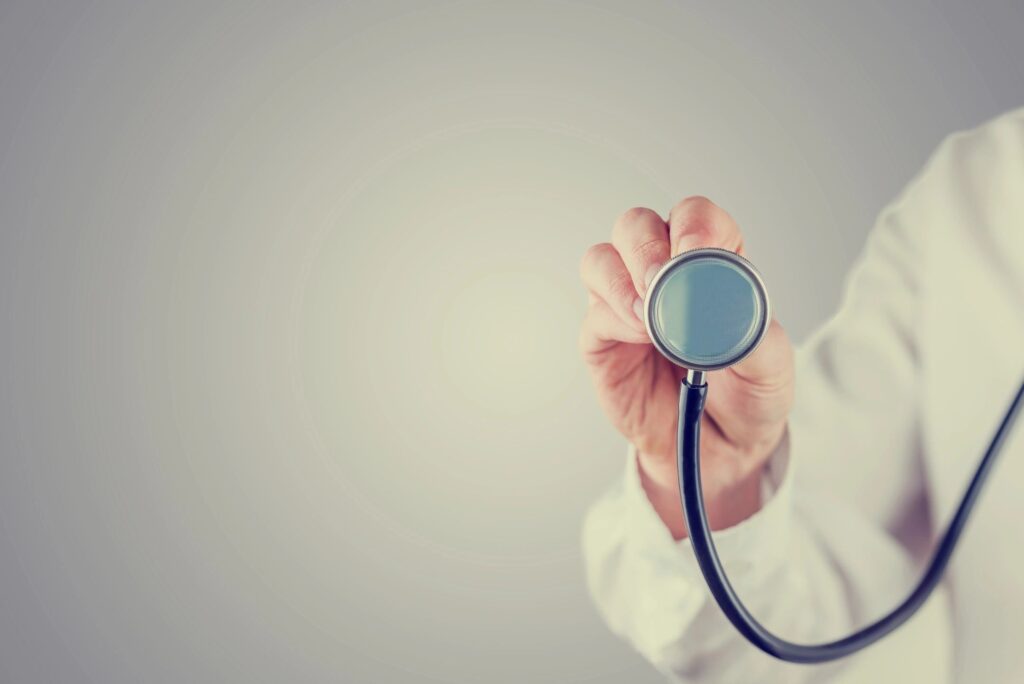It is with real humility and no small amount of trepidation that I, a white man, address the subject of Black History Month. As a clinician, though, it is my job to look at all the variables that affect my patients’ care. And the research shows systemic racism affects even the work we do in the addiction treatment space.
Let’s consider some facts:
- After non-fatal overdose, Black Americans were less likely than white Americans to get addiction treatment. (Kilaru et al 2020)
- Black Americans are less likely than white Americans to complete addiction treatment, mostly due to socioeconomic factors. (Saloner and LeCook, 2013)
- Black Americans are less likely than white Americans to have access to buprenorphine. (Lagisetty et al 2019)
- Compared to OTPs serving primarily white patients, OTPs serving predominately Black patients are more likely to use sub-therapeutic doses of methadone. (Pollack and D’Aunno 2005)
BHG is leading the way in reducing economic barriers to treatment and making access more equitable. This is something in which we should all take a huge amount of pride. And, as essential healthcare workers on the front lines of the opioid crisis, there is more we can do as individuals:
- Challenge our own implicit biases against our fellow Americans, and speak up when those around us violate our norms and expectations for inclusiveness.
- Find ways to offer culturally sensitive interventions and programs for the patients your program treats.
- Reach out to the groups in your community that are under-represented in treatment. Addiction doesn’t discriminate based on race, yet access to treatment is unequal. We can change that.
Healing the wounds of centuries of inequality and mistreatment of racial and ethnic minorities is going to require that all of us recognize the legacy of these injustices is still very much with us. All 1,300 of us can work together to move our society closer to achieving the vision upon which this great country was founded.
Just like we’re walking alongside our patients in their recovery, all of us at BHG are walking alongside each other in our battle to help people defeat their addictions. Have thoughts to share or questions to ask? Reach out to me at Dr. Ben Nordstrom or 603-306-6047. As always, please stay informed about COVID-19-related updates on our website.

Chief Medical Officer

